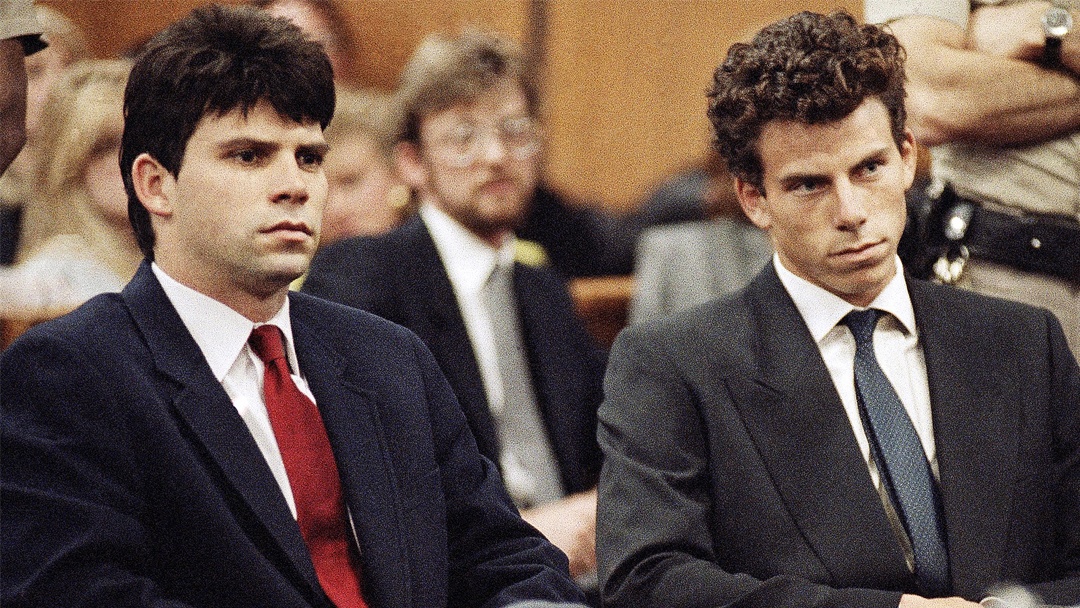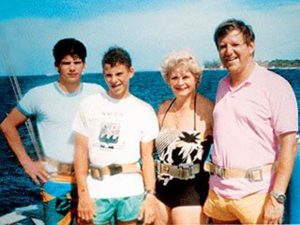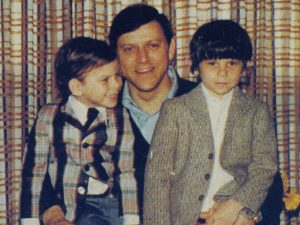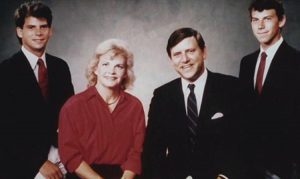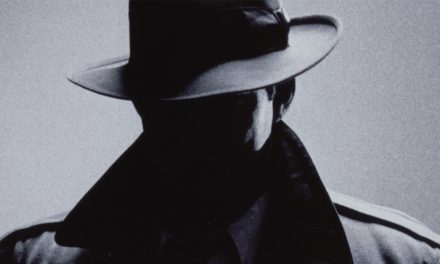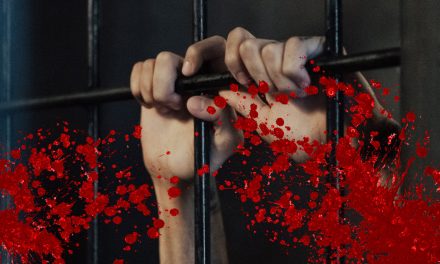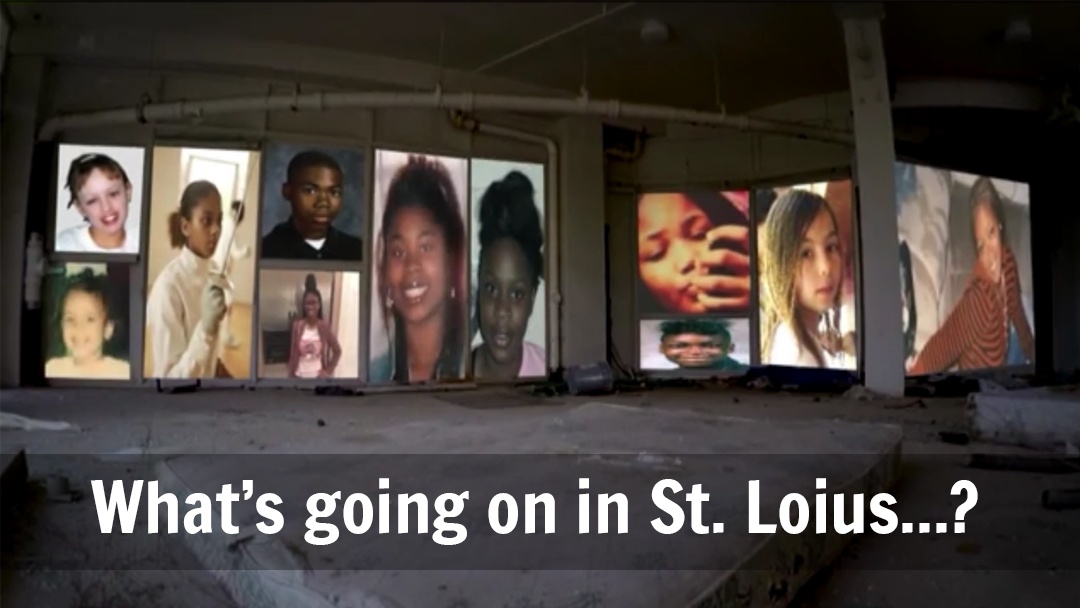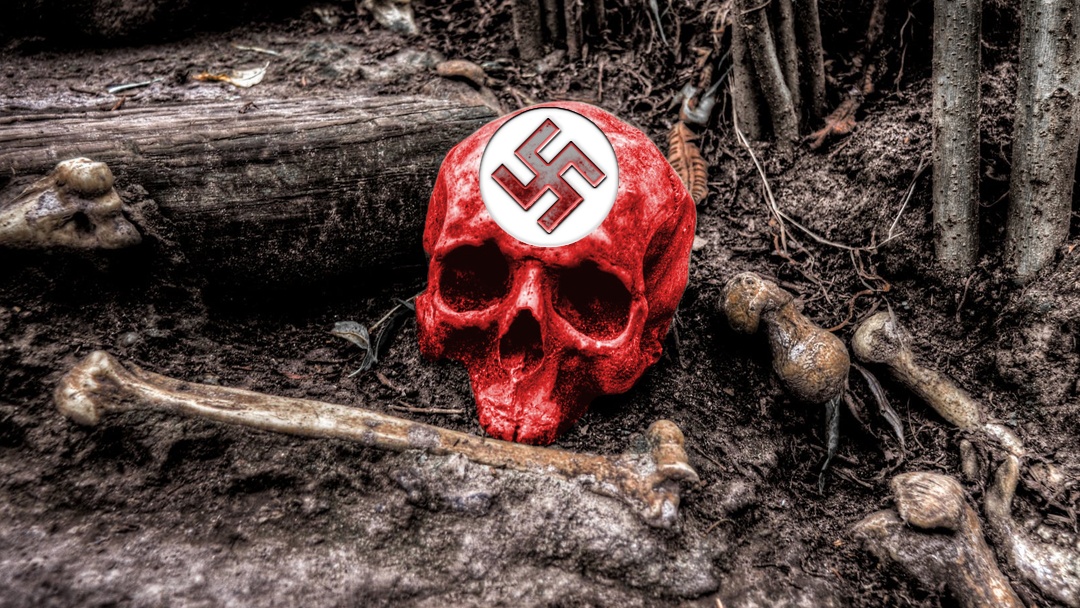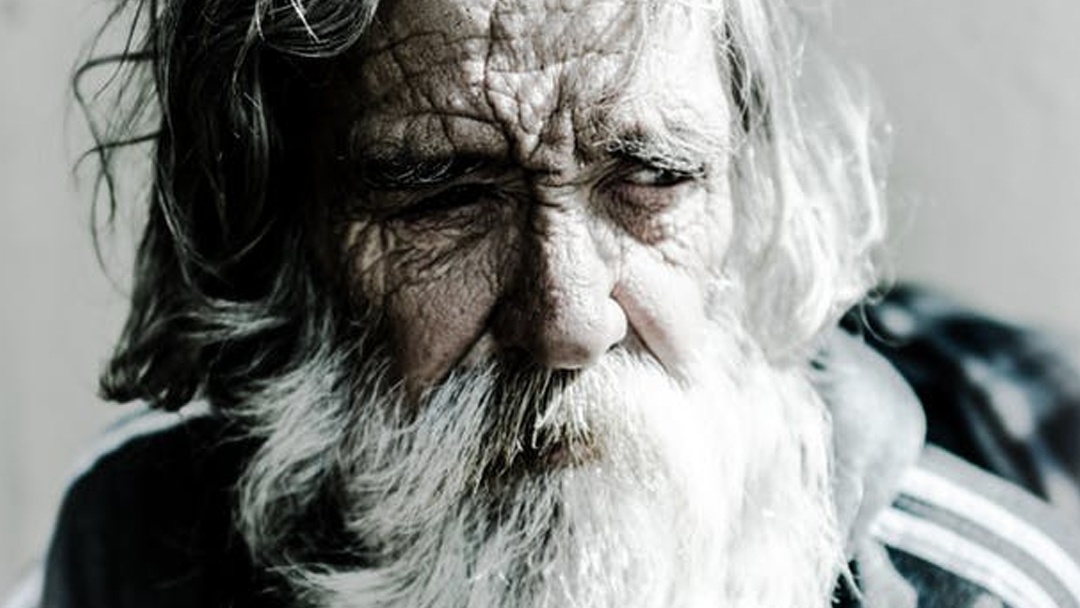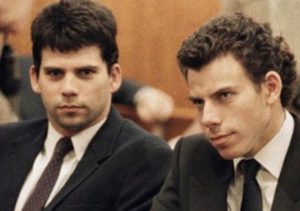 They lay in wait, guns loaded. And when their parents came to relax in the family den that night in August of 1989, they simply blew them away in cold blood. It was the most infamous parricide since Lizzy Borden, although acquitted, likely chopped up two parents as if they were pigs in a slaughterhouse. In a culture where something that bleeds, leads, the story ran away with the news. Lyle and Eric Menéndez gave California and the tabloids something to talk about when the rich, bloody scandal of the Simpson murders still lay a few years in the future.
They lay in wait, guns loaded. And when their parents came to relax in the family den that night in August of 1989, they simply blew them away in cold blood. It was the most infamous parricide since Lizzy Borden, although acquitted, likely chopped up two parents as if they were pigs in a slaughterhouse. In a culture where something that bleeds, leads, the story ran away with the news. Lyle and Eric Menéndez gave California and the tabloids something to talk about when the rich, bloody scandal of the Simpson murders still lay a few years in the future.
Eventually their posture of innocent orphans unraveled and their guilt was undisputed, but why? Intelligent young men, old enough to leave home if they chose, blasting their parents to death only to take separate, upscale apartments on the money of their parents’ estate. What was up with this family?
The Sherlock approach to this crime and trial will therefore dig deep into interpretation of testimony, of family history, of the human psyche. Was perverse family abuse kept hidden, except for comments dropped to one or two friends, all those years? Quite possibly: where searing shame is involved, victims can be hard pressed to tell the truth, even to themselves. Did the brothers have alternatives to violence, such as simply going out on their own? Of course they did. Although how real those options seemed to them rises as a study of desperate human behavior, of feeling trapped and smothered by abuse.
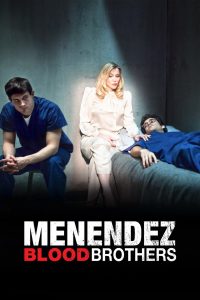 Or we might deduce more basic, crass, sociopathic motives for the brothers’ actions. They immediately lived large, buying luxury items and burning through almost a million dollars of their estate within months. This not only teases questions of motive, but of basic intelligence. Although the boys seemed bright and one had already studied at Princeton, how much smarts does it take to see how incriminating it looks to live high and rich during a period of “mourning?”
Or we might deduce more basic, crass, sociopathic motives for the brothers’ actions. They immediately lived large, buying luxury items and burning through almost a million dollars of their estate within months. This not only teases questions of motive, but of basic intelligence. Although the boys seemed bright and one had already studied at Princeton, how much smarts does it take to see how incriminating it looks to live high and rich during a period of “mourning?”
Couldn’t a fourth-grader perceive that flashing money around will only attract the interest of detectives? What was it that shut off the brothers’ basic capacity for common sense?
M.O. Mystery may open a full, analytical file on the case in the future, but for now we offer a bite-sized reminder, especially to young mystery buffs who don’t recall the original fuss. A good documentary can be streamed on Netflix, and now comes the docudrama “Menéndez: Blood Brothers,” produced in 2017. The film-makers did not skimp on irony in casting: the actress who plays Kitty Menéndez, none other than Courtney Love.
